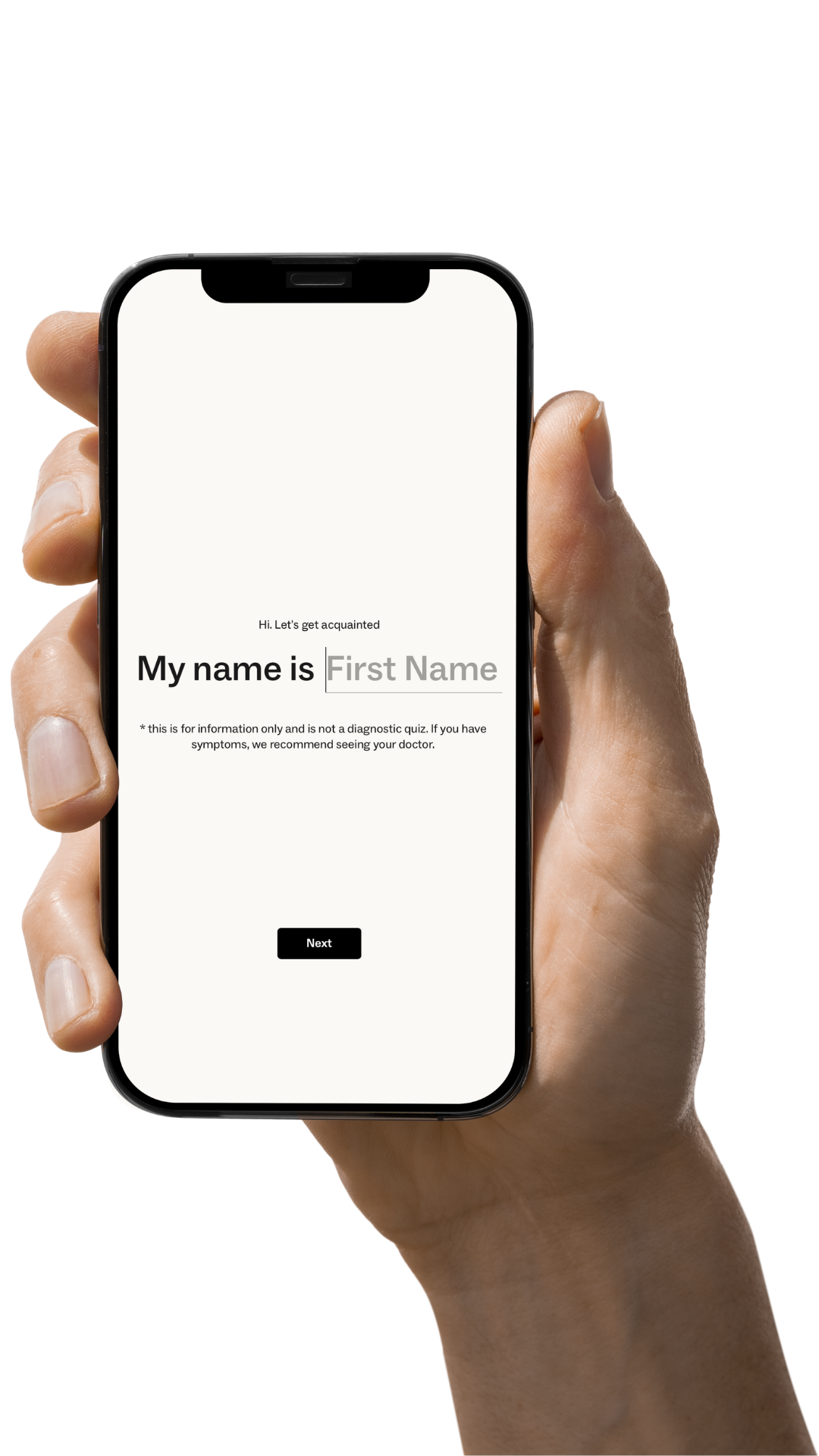How to use collagen to improve gut health + reduce IBS [NEW FOR 2025]
Let's take a look at how collagen helps to heal the gut, and improve IBS symptoms.

Collagen is an anti-inflammatory protein, in that it's main job isn't to help with muscle growth, rather, it's to help with tissue repair.
Your gut is "tissue."
"But isn't IBS a "functional" disorder rather than a structural one?"
Yes - but, the more research is done on IBS, the more it becomes LIKELY that there's also a structural element to IBS, such as inflammation, loss of mucosal layer function (the lining of your gut) and more.
Let's take a look at how collagen helps to heal the gut, and improve IBS symptoms.
1. Collagen is high in glycine and proline.
Glycine and proline are amino acids.
Amino acids are the building blocks of protein.
ie. amino acid + amino acid + amino acid = protein
Glycine is found in high concentrations in the skin, connective tissues of the joints and in the tissues of the gut. It the key amino acid that is used to make new collagen, and therefore now tissues.
If you're healing your gut, this is extremely useful. Glycine is found in high amounts in collagen, gelatin and bone broth.
Proline is also essential for the formation of collagen and plays a large role in skin healing. Like glycine, proline helps to seal and heal the gut lining, resulting in improved digestive health, reduced auto-immune problems, improved immune function and ultimately, decreased IBS.
The best way to boost your glycine and proline levels is to take a pure collagen peptide source daily, like Collagen Restore™
SUMMARY:
High protein diets speed healing faster. Collagen is the best way to get the 2 most important parts of protein into your diet in higher amounts.
2. Collagen is low in methionine.
Methionine is another amino acid. It's found in high quantities amongst the current crop of popular high protein foods: eggs, meat, and fish, sesame seeds, Brazil nuts, plant seeds, and cereal grains.
In 2018, a review of existing evidence from the Rutgers Cancer Institute of New Jersey deemed restricting methionine “a promising anti-tumor strategy.”
Methionine is made in normally functioning cells out of homocysteine, folate, and vitamin B12.
Many types of cancer cells lack the ability to make methionine, so they require extra methionine from outside the body, via the food we eat for survival.
Cut off that supply, and it should help to slow the tumor without starving the person.
Duke released findings showing that restricting methionine decreased tumor growth in mice and human subjects.
The takeaway for someone with IBS, is that a lower intake of methionine is anti-inflammatory.
Inflammation probably plays a pathogenic role in many IBS cases.
Studies have highlighted the presence of inflammation in the gut, specifically in the lining of the gut - the mucosal layer. Persistence of mucosal inflammation results in increased recruitment of enteroendocrine cells.
These cells are specialized cells found within the gastrointestinal tract, stomach and pancreas. They produce and release hormones in response to a number of stimuli (like stress, foods and pollutants), including serotonin.
Elevated serotonin ultimately is what causes IBS type diarrhoea and gut discomfort.
Collagen has almost no methionine, and is completely devoid of tryptophan - the amino acid the body uses to form serotonin.
SUMMARY
Collagen is low inflammatory amino acids making it a better choice for the restoration of gut integrity than other common protein sources
3. Higher protein diets may result in faster healing.
As mentioned, in many IBS cases, there may be actual structural changes of note. Even small changes can result in big problems.
Imagine squeezing lemon juice on a knee with intact skin, vs a knee with a fresh graze - 2 totally different results from the same action.
Healing your gut, needs to be about healing "the graze," preventing further grazes, and even putting some jeans on to strengthen that knee up!
The best pro-gut healing proteins are the ones that are high in glycine and proline: collagen, bone broth and gelatin.

Collagen Restore™
A high-tech collagen formula that works to restore plump, firm, bouncy skin and improve gut health and function.
- Skin wrinkles + cellulite
- Healthy hair, skin + nails
- Digestive wellbeing in 7 days
References:
1. Paz-Lugo, P., Lupianez, J., Melendez, E., 2018, High glycine concentration increases collagen synthesis by articular chondrocytes in vitro: acute glycine deficiency could be an important cause of osteoarthritis
2. Chaturvedi, S., Hoffman, R., Bertino, J., 2018, Exploiting methionine restriction for cancer treatment
3. Froese, D., Fowler, B., Baumgartner, R., 2018, Vitamin B12, folate, and the methionine remethylation cycle—biochemistry, pathways, and regulation
4. Gao, X., Sanderson, M., Dai, Z., Reid, M., Cooper, D., Lu, M., Ciccarella, A., Calcagnotto, A., Mikhael, P., Liu, J., 2019, Dietary methionine restriction targets one carbon metabolism in humans and produces broad therapeutic responses in cancer
5. Vahora, I., Tsouklidis, N., Kumar, R., Soni, R., Khan, S., 2020, How Serotonin Level Fluctuation Affects the Effectiveness of Treatment in Irritable Bowel Syndrome
6. Vidal, S., Andriamihaja, M., Blais, A., Grauso, M., Lepage, P., Davila, A., Viel, R., Gaudichon, C., Leclerc, M., 2019, Dietary Protein Intake Level Modulates Mucosal Healing and Mucosa-Adherent Microbiota in Mouse Model of Colitis


